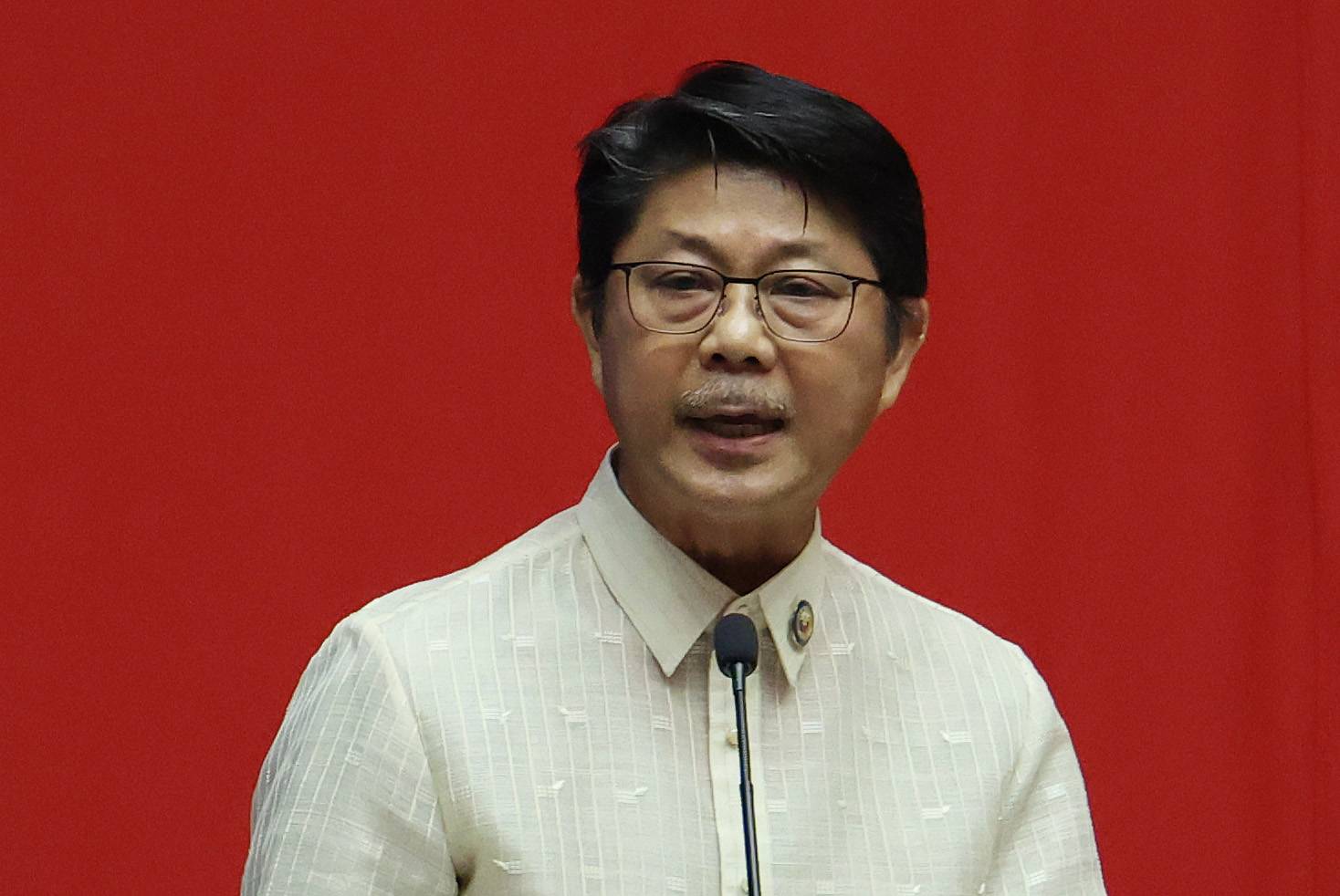House passes P6.8-T budget bill; ‘unprogrammed’ funds in

The House of Representatives on Monday voted 287-12-2 to pass the P6.793-trillion national budget bill on third and final reading before it adjourned for its monthlong break, even as the specter of unprogrammed appropriations (UA) and other “pork” projects still hung over its version.
In a speech addressing the plenary, Speaker Faustino “Bojie” Dy III said House Bill (HB) No. 4058 might not be perfect, but “we made sure nothing was hidden, nothing was concealed, with the goal to ensure that every penny of the tax paid by our citizens is given back to them in the form of opportunities, services, and hope.”
Among the salient provisions of HB 4058 is the P1.28-trillion allocation for the education cluster—the highest in the country’s history—as well as the reduced budget for the Office of the Vice President to P733 million after Vice President Sara Duterte repeatedly refused to defend her office’s proposal.
The bill also retains the P255-billion cut from the Department of Public Works and Highways (DPWH) and which was realigned mainly to the agriculture (+P53.7 billion) and the health (+P90.7 billion) sectors.
Appropriations committee chair and Nueva Ecija Rep. Mikaela Suansing called this year’s budget cycle as “unprecedented,” citing efforts such as inviting civil society watchdogs as “nonvoting observers” and abolishing the practice of convening the notoriously opaque small committee and replacing it with the public budget amendments review subcommittee.
Problematic provisions
However, the 12 lawmakers who voted against HB 4058 said the chamber still “missed the call of the times” to craft a truly responsive bill when it voted to retain several problematic provisions in the House general appropriations bill (GAB).
Those who voted “No” acknowledged Suansing’s efforts at reforms, but “why did we still insist on P250 billion for unprogrammed funds?” Caloocan Rep. Edgar Erice asked.

Civil society watchdogs have been calling for the abolition of the UA, which are standby funds that can be tapped only when new revenue or loans materialize, amid revelations that they have been used to fund anomalous government projects.
“This budget process was our opportunity to answer the persistent calls from the people to expunge the vestiges of corruption. But we still missed the call of the times,” Akbayan Rep. Perci Cendaña said.
Echoed Akbayan Rep. Chel Diokno: “(This is basically) P243 billion that is simply handed over to the Executive even though it is not clear how it will be used and where it will go.”
“Not only should it be zeroed, but it should be NO, NO,” Mamamayang Liberal Rep. Leila de Lima noted.
‘Pork,’ patronage
Beyond the UA, other lawmakers also noted that the 2026 House GAB still fell short of the needs for the vulnerable and the marginalized.
Kabataan Rep. Renee Co, for example, noted that a closer look at the allocations for the Department of Education and the Commission on Higher Education would show that students would get only around P100 a day, in contrast to P2,522 per policeman and P4,629 per soldier per day.
Representatives Sarah Elago (Gabriela) and Antonio Tinio (ACT Teachers), meanwhile, echoed budget watchdogs’ concerns over the additional P32.06 billion for the Department of Social Welfare and Development’s Assistance to Individuals in Crisis Situation; P14.82 billion increase in the Department of Labor and Employment’s Tulong Panghanapbuhay sa Ating Disadvantaged/Displaced Workers, and the increase of P26.73 billion for the Department of Health’s Medical Assistance to Indigent and Financially Incapacitated Patients programs.
Tinio specifically criticized the guaranteed share of each legislator in the DPWH’s P881.3-billion budget, which amounts to P230 million per congressman and P3.2 billion per senator.

















